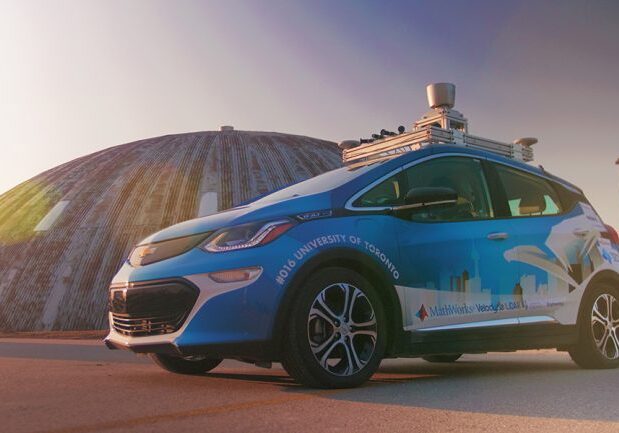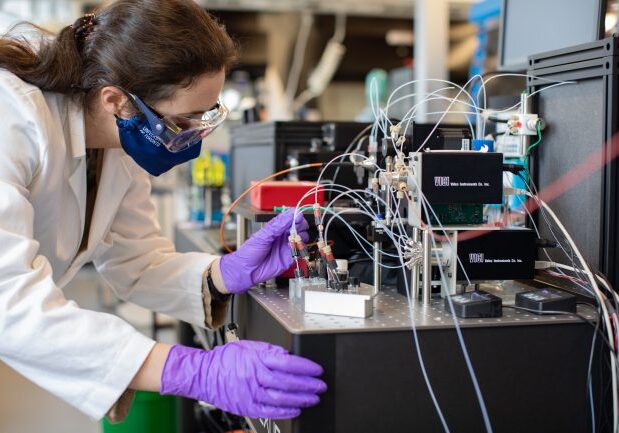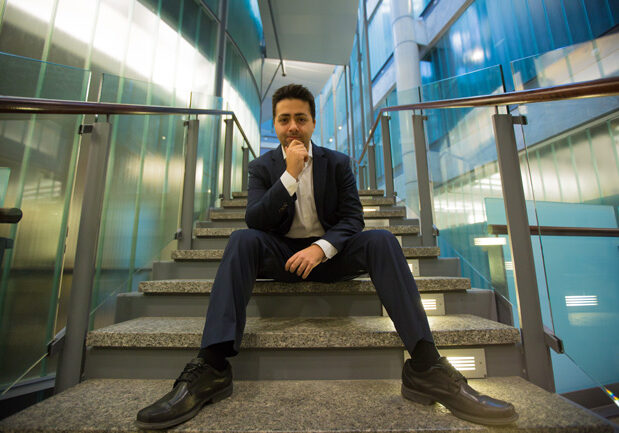
New U of T initiative to assess bias in AI systems
U of T service measures the performance of AI algorithms across diverse inputs, such as gender, age and race.
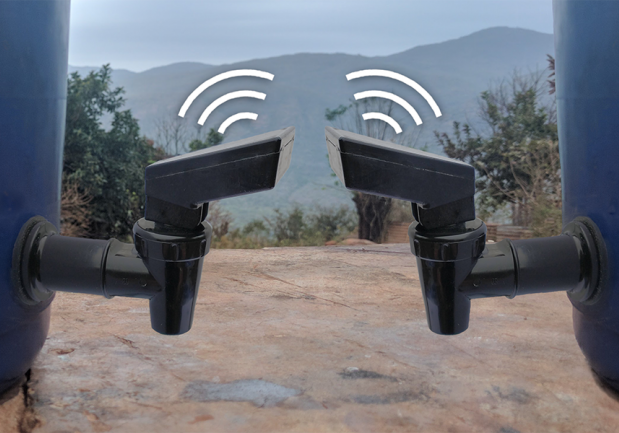
This low-cost smart sensor can help optimize interventions to improve water quality and public health
Data gathered from large-scale field trials can indicate which technologies or social interventions provide maximum benefit
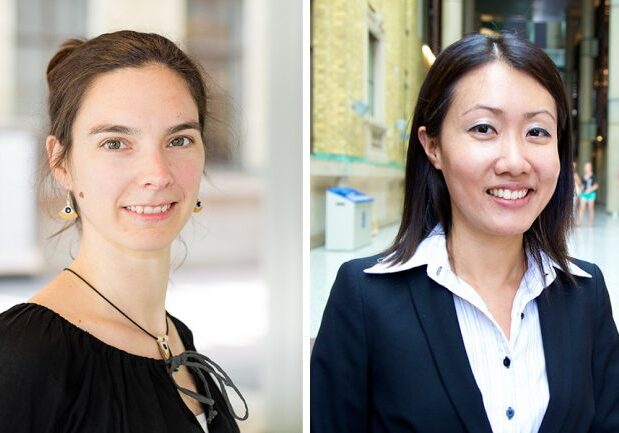
Renewed Canada Research Chairs will power research into green chemistry and environmental remediation
Professors Elodie Passeport (CivMin, ChemE) and Ya-Huei (Cathy) Chin (ChemE) have both received renewed Canada Research Chairs
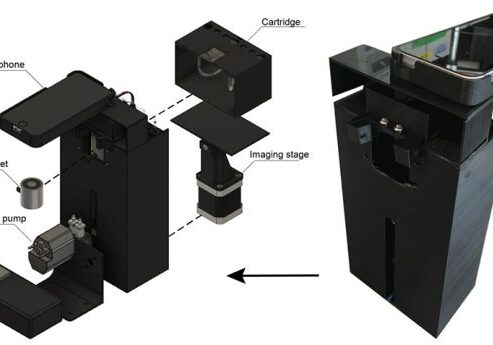
Researchers develop a quantum dot smartphone device to diagnose and track COVID-19
Researchers at the University of Toronto (Institute of Biomedical Engineering, Department of Chemistry, Donnelly Centre for Cellular and Biomolecular Research) in collaboration with Sunnybrook Health Sciences Centre, Public Health Ontario, and Mt. Sinai Hospital have engineered a diagnostic test that makes use of a smartphone camera to surveil and track COVID-19 patients. This finding could […]
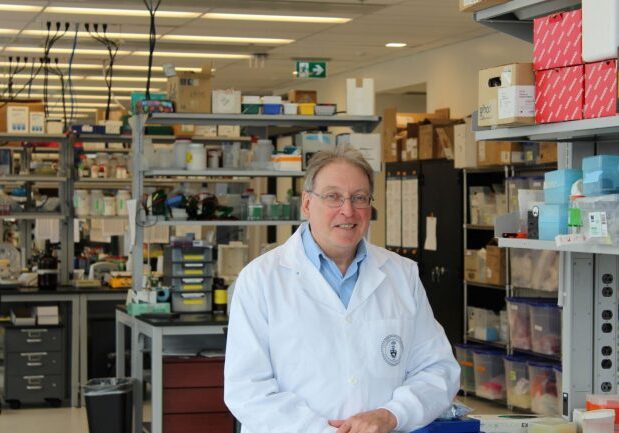
New method can improve drug delivery in implants
A biomaterial discovery yields better control over drug release profiles in implants.

U of T researchers develop first-of-its-kind dexterous microrobots for neurosurgery
The tiny magnetic gripper tools could one day be used to perform minimally invasive brain surgery

